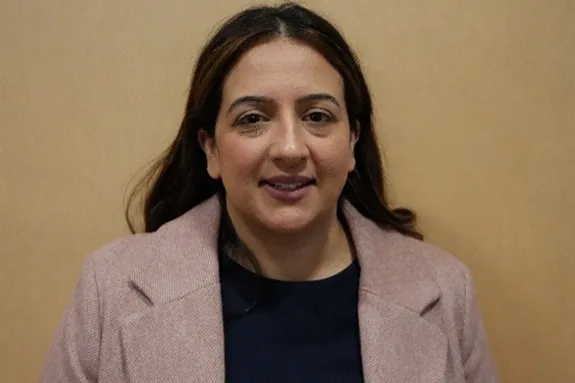Could Younger Voters Oust Wes Streeting? Labour's Plan to Lower Voting Age Sparks Concern

The debate surrounding lowering the voting age isn't new, but Labour's recent embrace of the idea has intensified scrutiny. Proponents argue that 16 and 17-year-olds are engaged in society, pay taxes, and deserve a voice in decisions that affect their future. They point to examples worldwide where younger voters have demonstrated a keen interest in political issues, particularly climate change and social justice.
However, the potential impact on existing MPs is very real. Wes Streeting, a rising star in the Labour party and currently the Health Secretary, faces a particularly tricky situation. A recent surge in support for pro-Gaza candidates, fuelled by a younger electorate deeply concerned about the ongoing conflict, could threaten his seat. The same concern extends to Justice Secretary Shabana Mahmood and other Labour figures considered vulnerable.
The key factor here is the changing demographics and the heightened political awareness amongst young people. Social media has played a significant role in amplifying voices and facilitating grassroots movements. The conflict in Gaza has galvanised many young voters, leading them to seek out candidates who align with their views on foreign policy and human rights. Independent candidates, often unburdened by party lines, are proving particularly attractive to these voters.
Analysts suggest that Labour's move to lower the voting age is a calculated risk. While it could attract a new generation of voters and potentially boost their overall support, it also opens the door to challenges from within and outside the party. The success of this strategy hinges on Labour's ability to effectively engage with young voters and address their concerns, particularly on issues like the cost of living crisis, climate change, and international conflicts.
The situation is fluid, and the outcome remains uncertain. What's clear is that the political landscape is shifting, and the voices of younger voters are becoming increasingly significant. The next election will be a crucial test of whether Labour can successfully harness this demographic shift or whether it will be a catalyst for unexpected electoral upsets. The potential for established MPs like Wes Streeting to lose their seats to pro-Gaza rivals demonstrates the scale of the challenge ahead.
For now, the debate continues, with parties scrambling to understand and respond to the changing dynamics of the electorate. One thing is certain: the future of New Zealand politics will be shaped, in part, by the decisions of a younger generation of voters.




